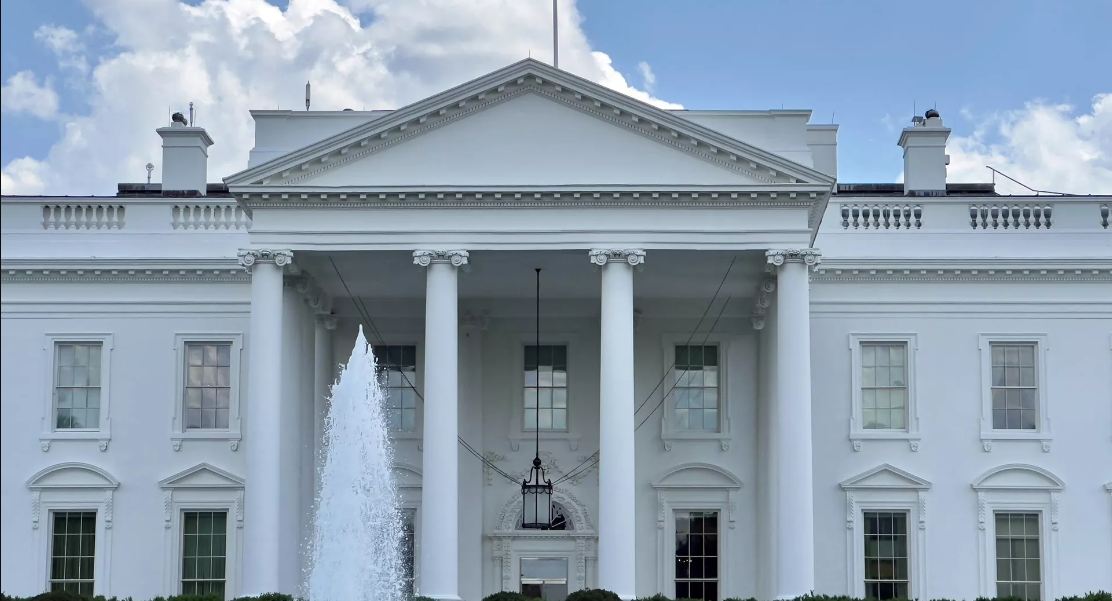Alwaght- The US federal government under Joe Biden has been running a deficit of almost $1 trillion for over seven months, the Congressional Budget Office (CBO) said.
The report by the non-partisan agency said that "the federal budget deficit was $928 billion in the first seven months of fiscal year 2023, $568 billion more than the shortfall recorded during the same period last year."
"Revenues were 10 percent lower and outlays [for mandatory spending programs] were 8 percent higher from October through April than they were during the same period in fiscal year 2022."
The document follows Treasury Secretary Janet Yellen striking a troubled tone on Sunday as President Joe Biden plans to sit down with the congressional leadership to discuss an increase in the US debt ceiling.
The negotiations “should not take place with a gun really to the head of the American people,” Yellen warned in an interview with a US news network.
She also cautioned that a failure to raise the US's debt ceiling could have dire consequences.
“Look, all I want to say is that it’s Congress’s job to do this. If they fail to do it, we will have an economic and financial catastrophe that will be of our own making and there is no action that President Biden and the US Treasury can take to prevent that catastrophe,” Yellen argued.
"What to do if Congress fails to meet its responsibility? There are simply no good options, and the ones that you've listed are among the not good options," the Treasury Secretary said when asked whether the Biden administration was considering using the 14th Amendment, which states that the public debt "shall not be questioned."
The remarks come as the White House and congressional Democrats are at odds with Republicans over GOP demands to tie steep spending cuts to raising or suspending the debt ceiling.
Earlier this month, GOP lawmakers urged Biden to sit down and negotiate the debt ceiling and stop "playing Russian roulette" with the American economy.
"I am disappointed in the White House, they are missing in action. This should be the biggest issue that they are dealing with every day, they should be having daily meetings with [House Speaker] Kevin McCarthy to figure out how we get this done," Sen. Rick Scott told reporters.
McCarthy proposed a bill in late April that would raise the debt ceiling an additional $1.5 trillion, but requires a $4.5 trillion cut to government spending. Biden, in turn, calls on Congress to raise the debt ceiling without preconditions, threatening to veto the House Speaker’s bill.
If passed, the document would recoup unspent COVID funds, end student debt relief that is currently bogged down in the courts, reverse the $80 billion budget increase for the Internal Revenue Service, repeal green energy tax incentives and tighten work requirements for Medicaid and Supplemental Nutrition Assistance Program (SNAP) recipients.
The US government hit its self-imposed debt ceiling back in January. The Treasury Department has since been taking “extraordinary measures” to prevent a potential debt default.



























